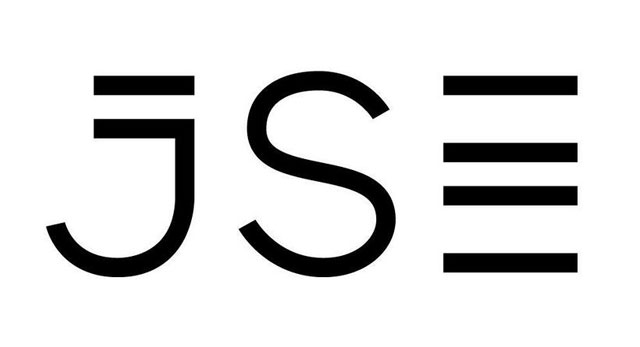
Speaking after the JSE released interim results on Friday afternoon, CEO Nicky Newton-King said that the exchange is not opposed to new market entrants. This follows claims by potential new rival ZAR X that the JSE was acting in “bad faith” by objecting to its conditional licence.
The Financial Services Board’s appeals board last week agreed with the JSE that the registrar of security services at the FSB was not legally empowered to grant a conditional licence. ZAR X subsequently renounced the conditional licence it had been awarded, but its CEO, Geoff Cook, had some strong words for the JSE.
“The JSE has publicly stated that it welcomes competition, yet it has lodged objections, appeals and applications since August last year,” he said. “It even obtained extensions on the period for lodging objections and then pushed the extension beyond the second deadline date. It is unfortunate the process has proved to be so drawn out and long-winded. Prospective JSE competitors will no doubt take note of the tactics.”
However, Newton-King said that the exchange does not have any problem with competition, as long as it is on a level playing field.
“The law provides for the manner in which applications should be considered, and the FSB appeals board actually recognised that there is no such thing as a conditional licence,” she said. “It’s welcome that that has been clarified.
“Secondly, I think its important to recognise that as soon as there is more than one participant in a market, there arise quite complex policy issues that speak to investor protection, systemic risk and the like,” Newton-King added.
“Those issues were the subject of extensive public debate globally, and I’m sure that the FSB will be engaging in those conversations as well. But the point we were making is that those conversations haven’t happened yet, so it’s inappropriate to suggest that one can grant any form of license without those conversations having been had.”
She reiterated her belief that competition is good for the JSE.
“I’ve been regularly quoted as saying that we have used this moment to make sure that every element of our business is as efficient as it possibly can be, with regards to quality of service, the products that we offer and pricing,” said Newton-King. “So even the mere potential of competition I welcome fundamentally because it has helped us re-engineer many parts of our business and it has created a new energy and urgency within the JSE.”
In this vein, the exchange’s interim results indicate that the JSE implemented nearly R50m in fee cuts in the first half of the year. Newton-King said that this was part of ongoing initiatives to make its offerings more appealing.
“An exchange is a very high fixed-cost-base business, with variable revenue,” she explained. “The revenue is dependent on how much people use you. In order to be sustainable exchanges anywhere in the world therefore need to make sure that their pricing enables them a reasonable chance of covering their costs.”
She said finding the correct price point in this regard is more an art than a science.
“What you try to do is find a price point that encourages your clients to do more with you, so that you can continue to reduce the costs,” she explained. “Then you get a virtuous circle, where you get more transactions so that you can reduce the pricing more, which allows for more transactions and greater liquidity, and so you can reduce the pricing more.”
The JSE reported a 19% increase in headline earnings per share for the period, from 490,3c/share for the six months to 30 June 2015, to 585,1c/share this year. It increased revenues across all its operating segments, apart from primary markets, where the fee reductions were most felt.
The JSE also grew its cash balance from R1,55bn last year to R1,76bn. Newton-King explained that this was not indicative of a lazy balance sheet.
“We are investing heavily in the evolution of our technology and are about halfway through our big R400m project,” she said. “The reality is that accounts for a lot of the cash on the balance sheet. We are also awaiting clarity on the capital adequacy requirements from a regulatory perspective.”
She added that the JSE has already started conversations about further shortening up its settlement cycle after introducing T+3 last month. However, these discussions are at an early stage.
“We also have to balance this with a whole lot of other big ticket things that need to happen,” she said. “We haven’t yet made up our minds whether T+2 is a better thing to do than some of the other initiatives.”
Cape Town presence
The JSE’s results also follow the opening of a new Cape Town office on Thursday. Chairman Nonkululeko Nyembezi-Heita said that the office is part of enhancing the JSE’s client focus.
“Our being here has a lot do to with the recognition that we have a really important set of stakeholders based in Cape Town, including the investment management industry,” she said.
There are also new economic sectors blooming in the province that the JSE believes it can serve.
“Jo’burg will continue to be the economic centre of gravity in the country, but the Western Cape is beginning to do very interesting things that South Africa hadn’t been hitherto known for, such as the creative economy and technology,” Nyembezi-Heita said “We want to tap into this and be close to this so that we can also serve these nascent industries.”
- This article was originally published on Moneyweb and is used here with permission




